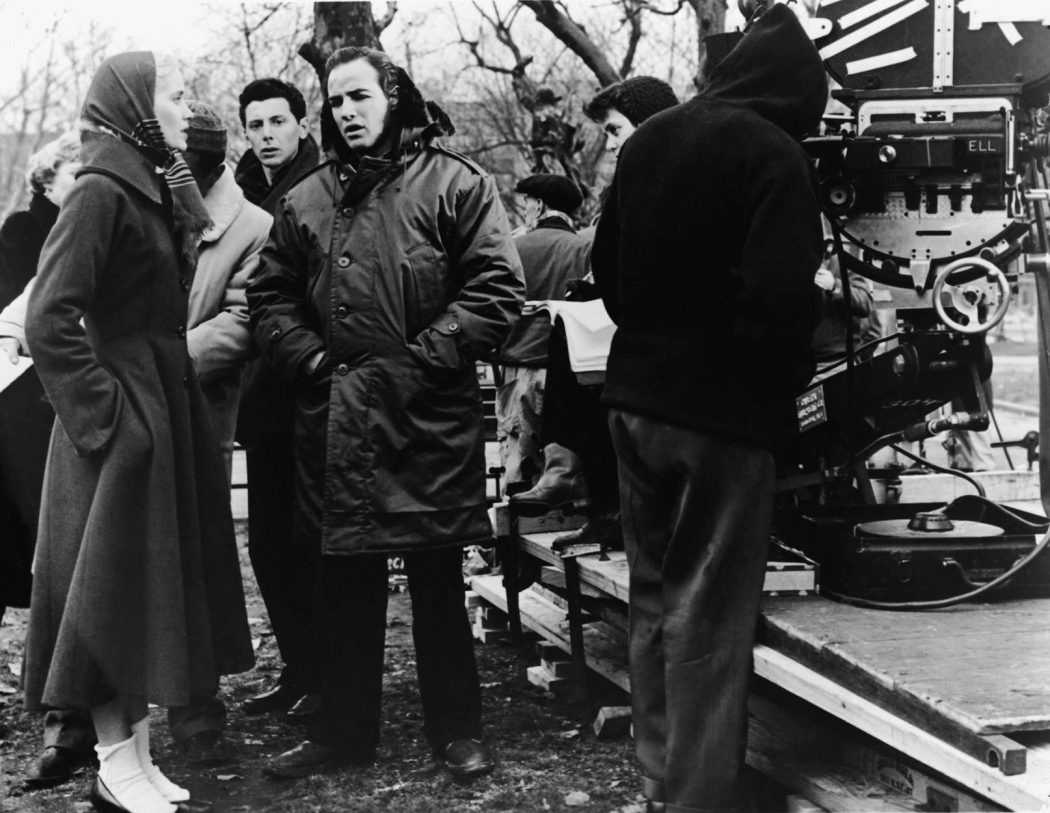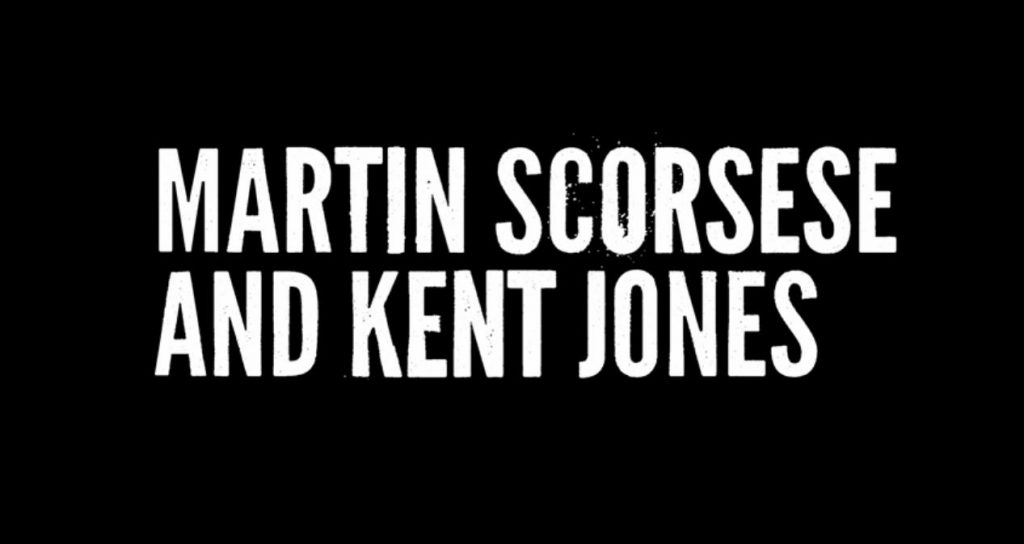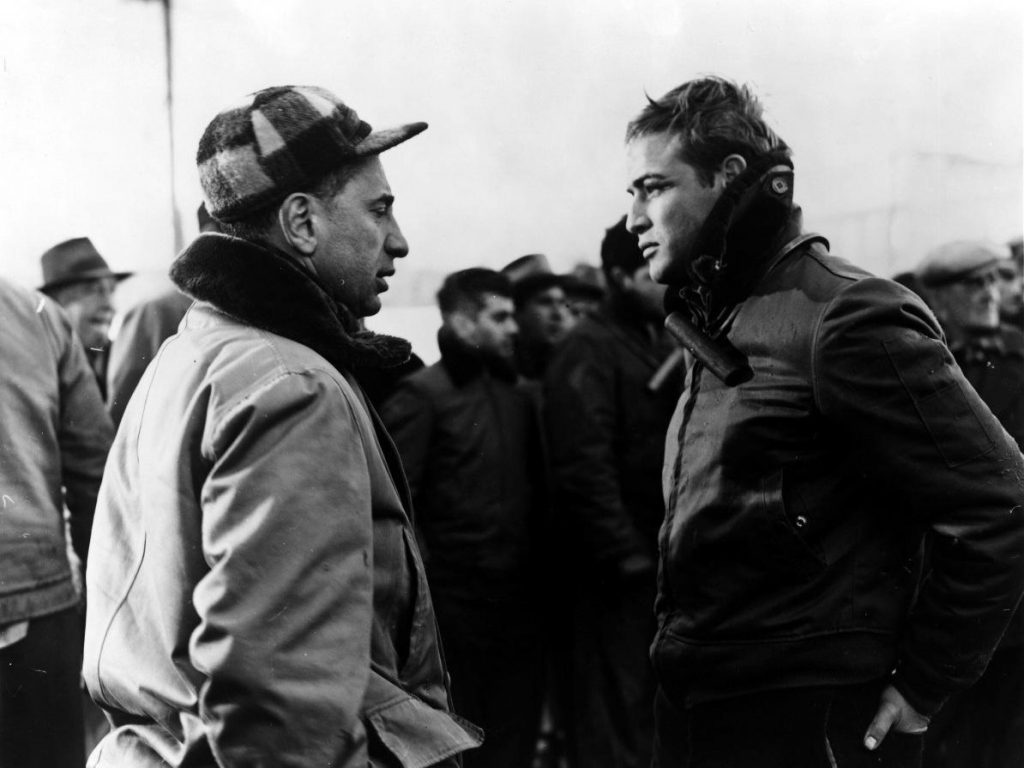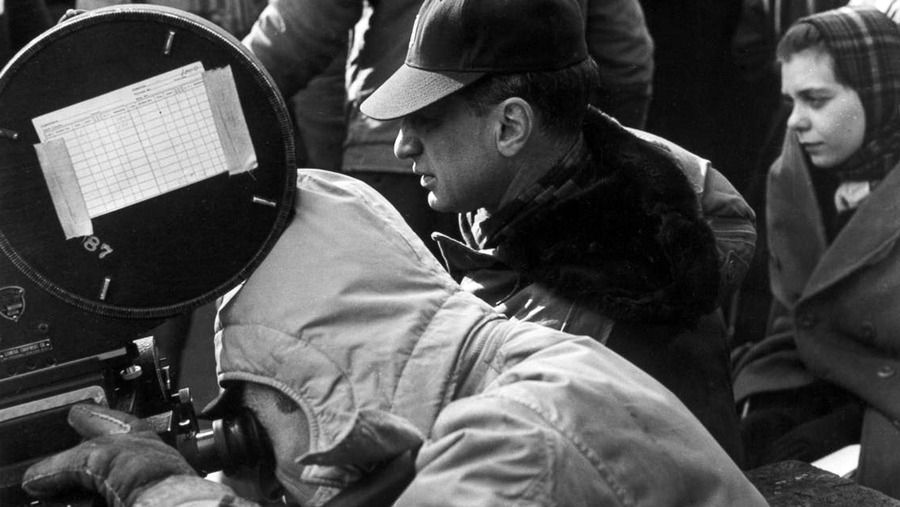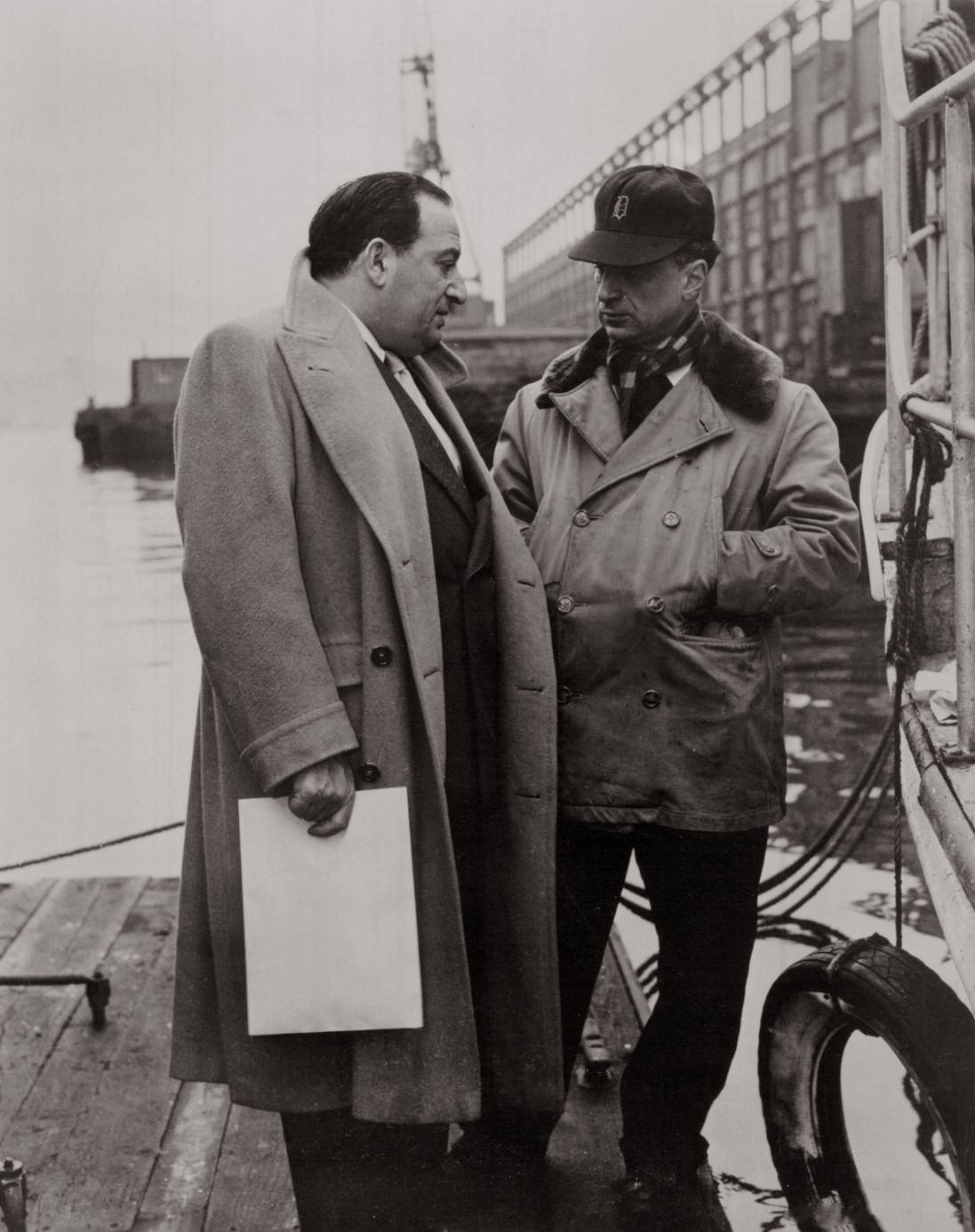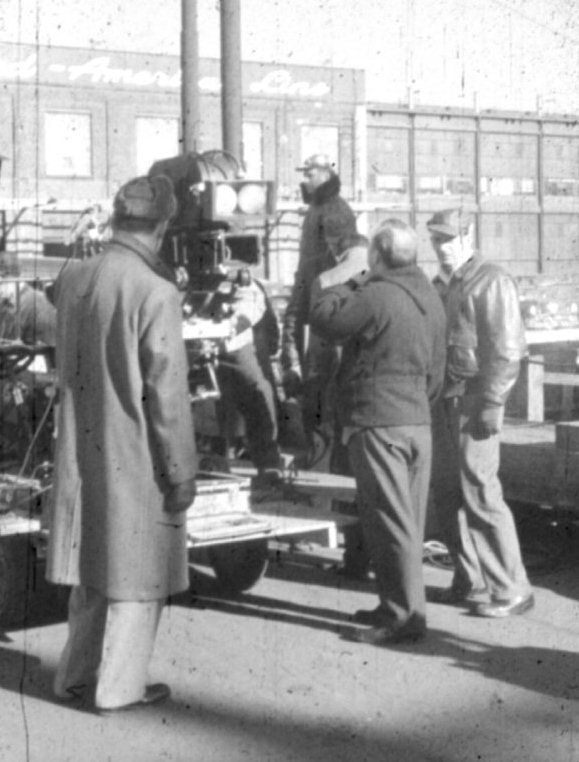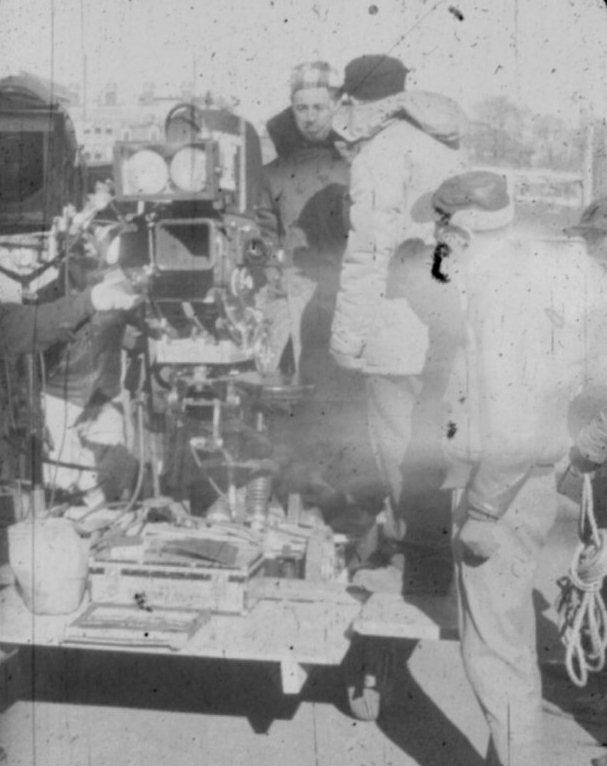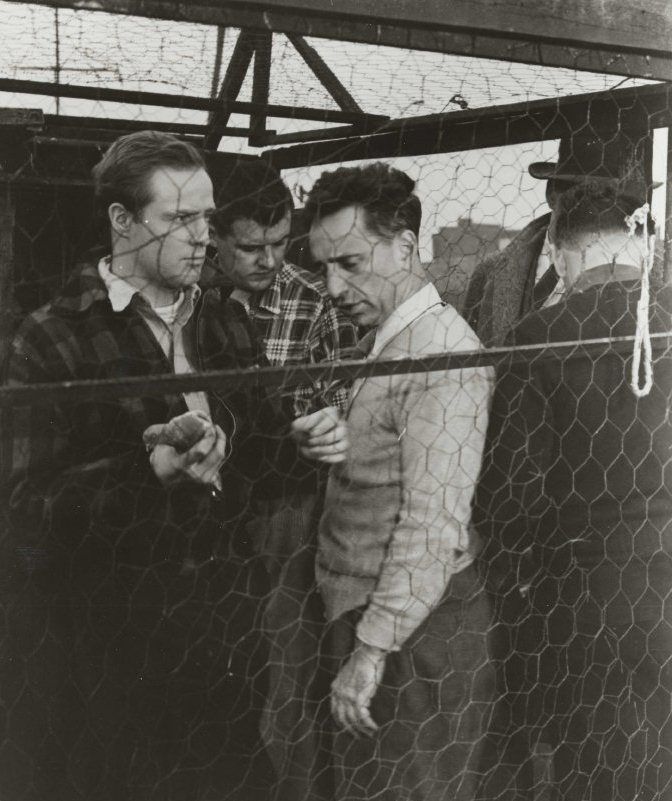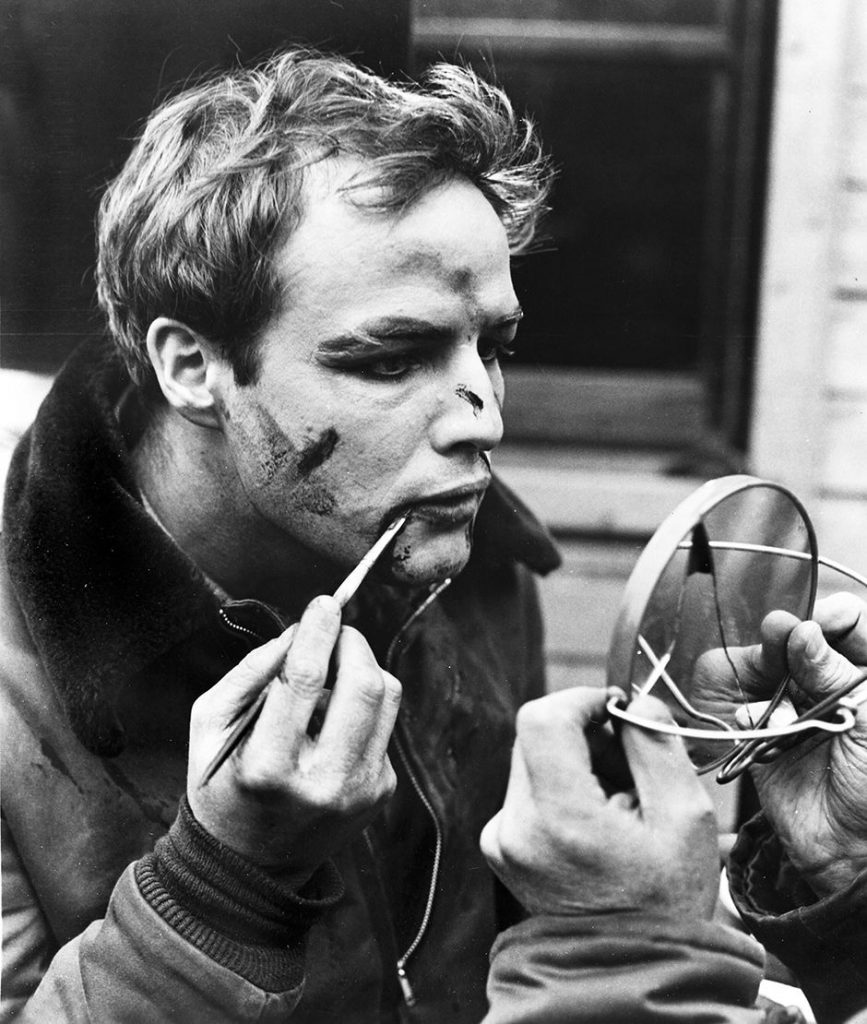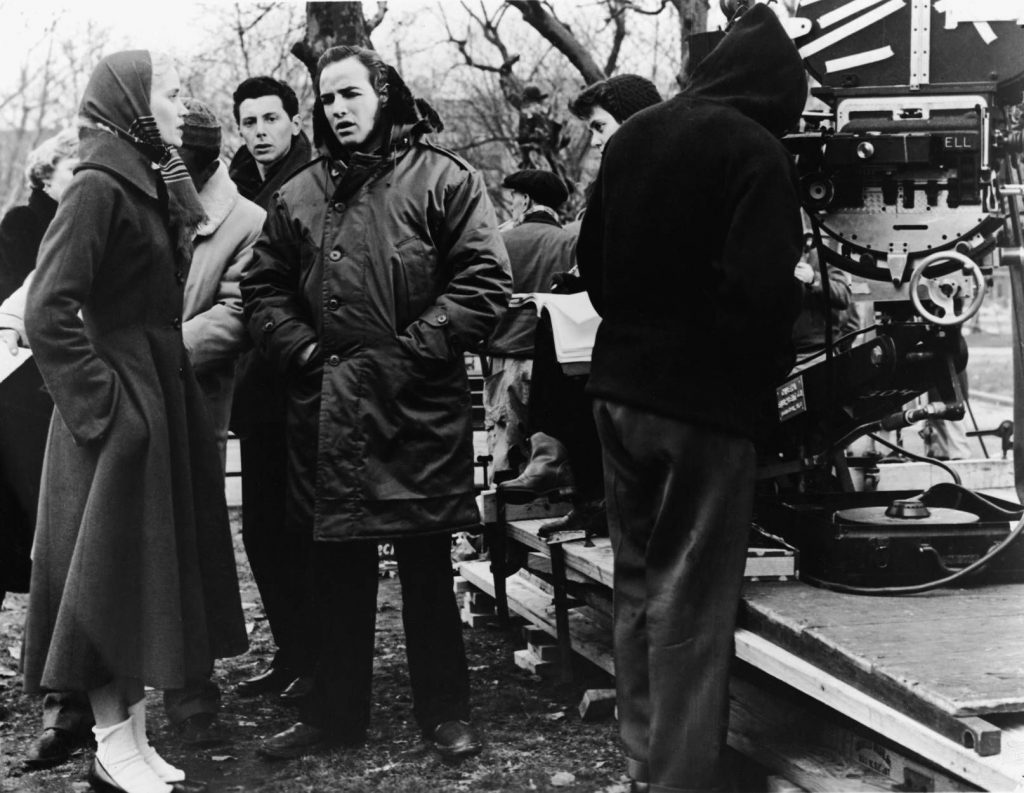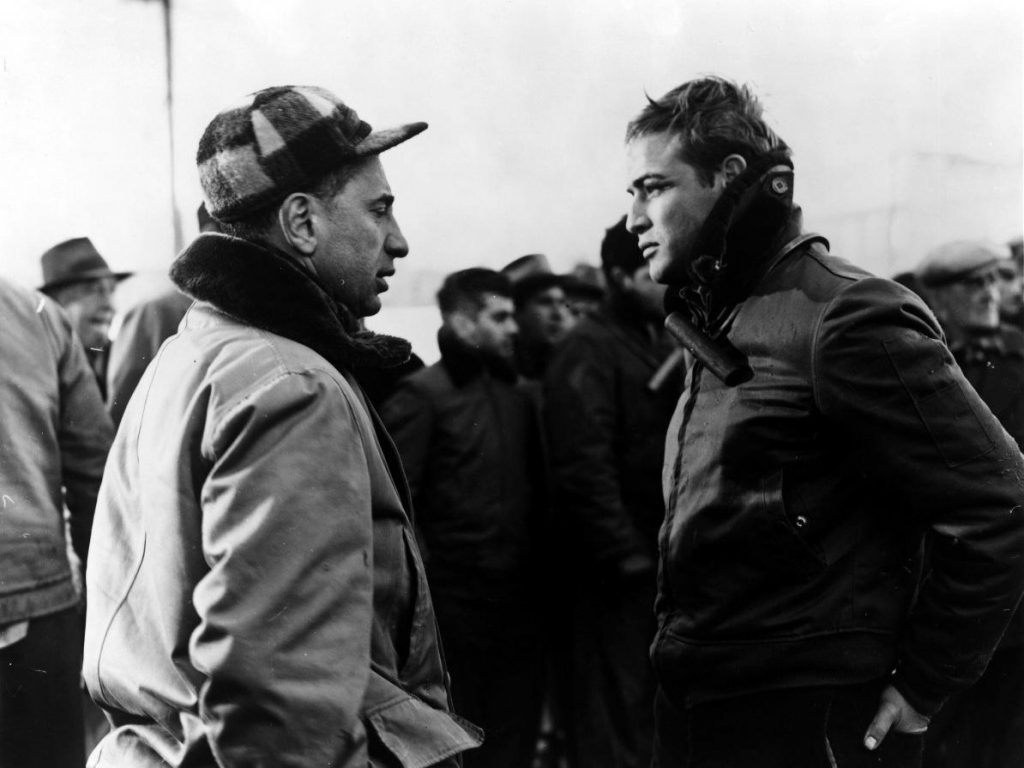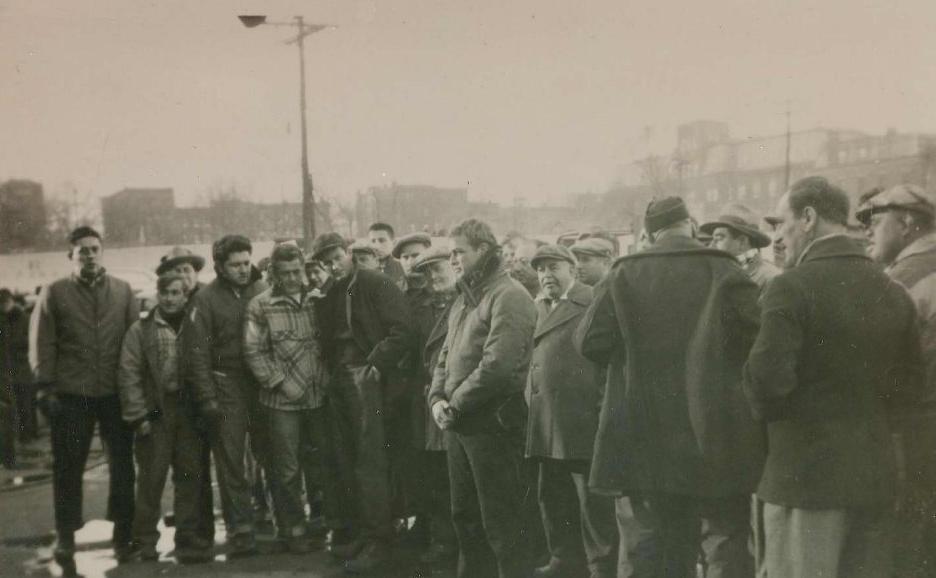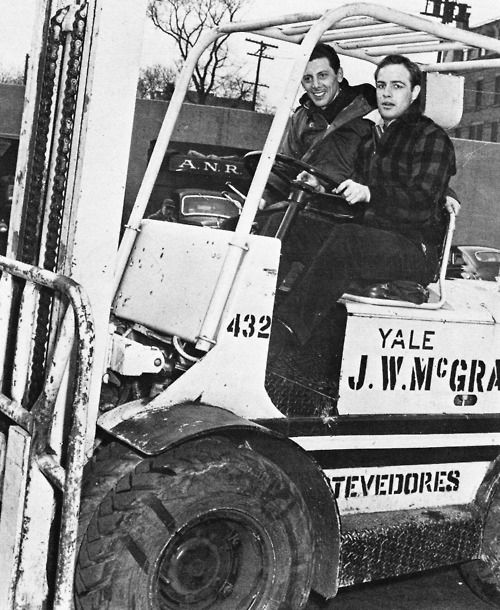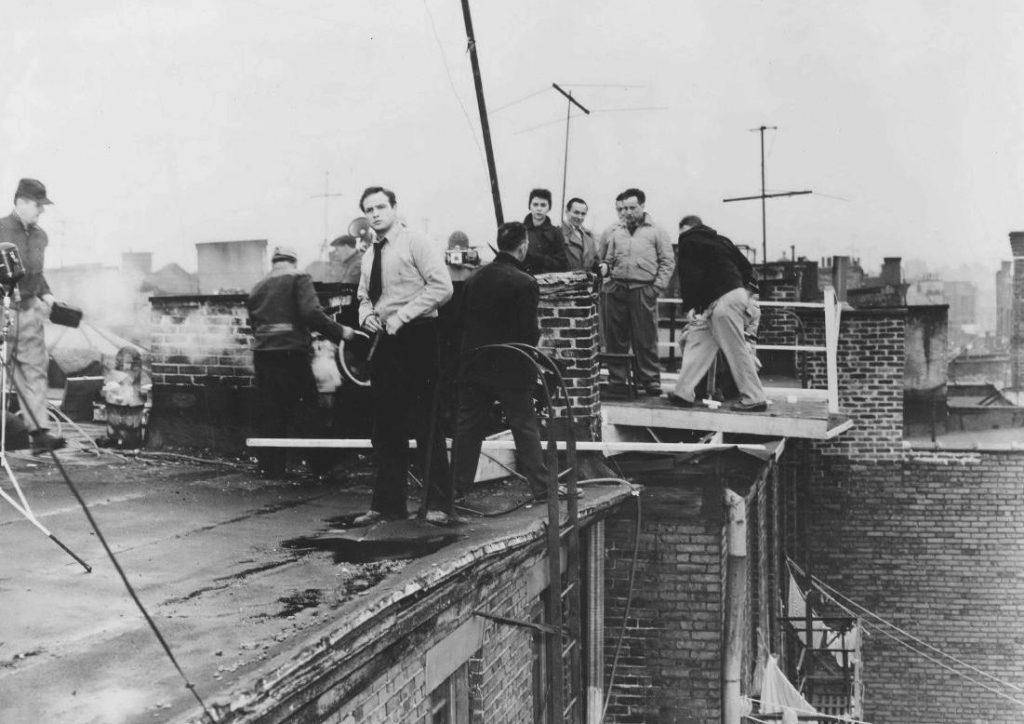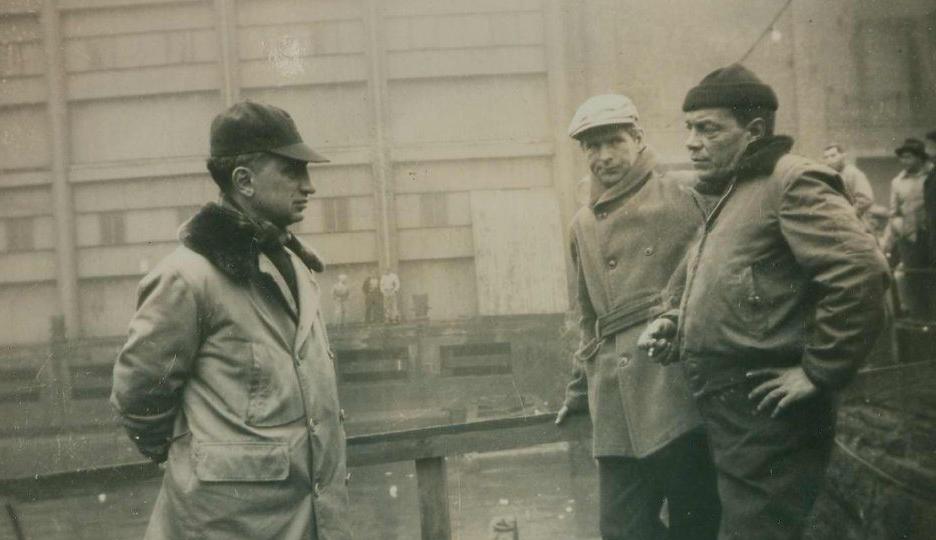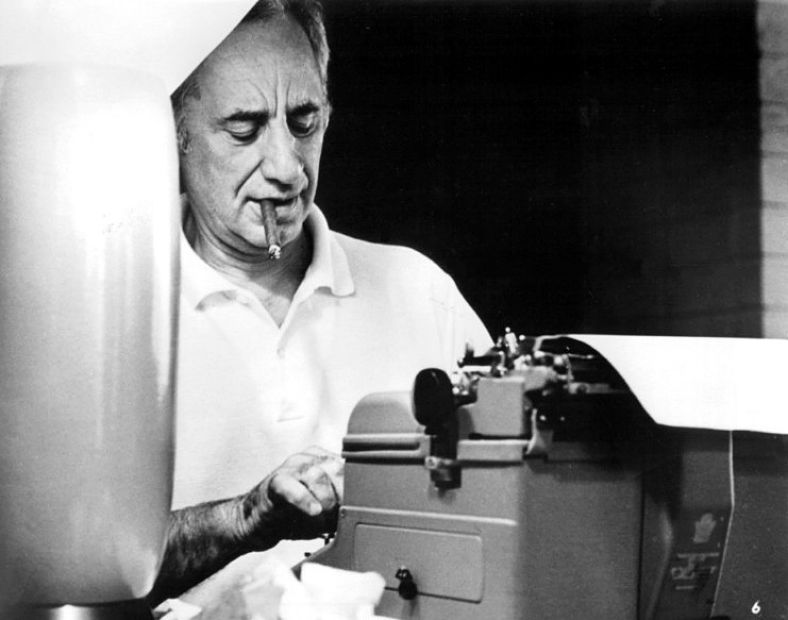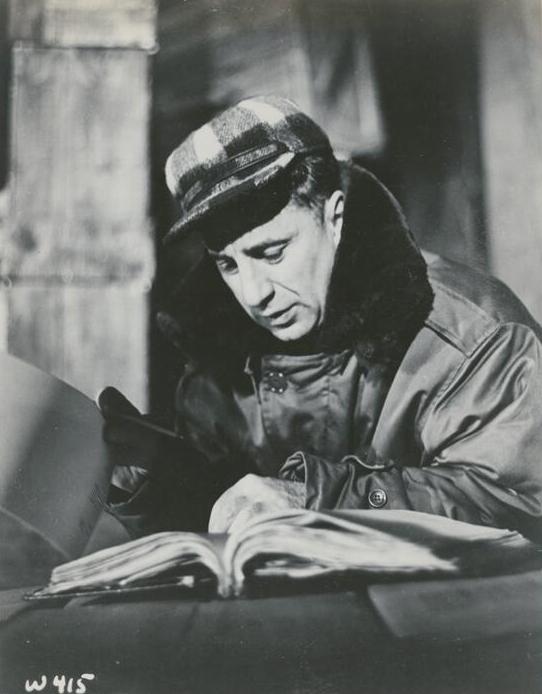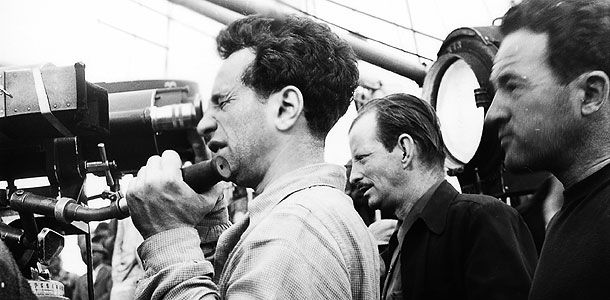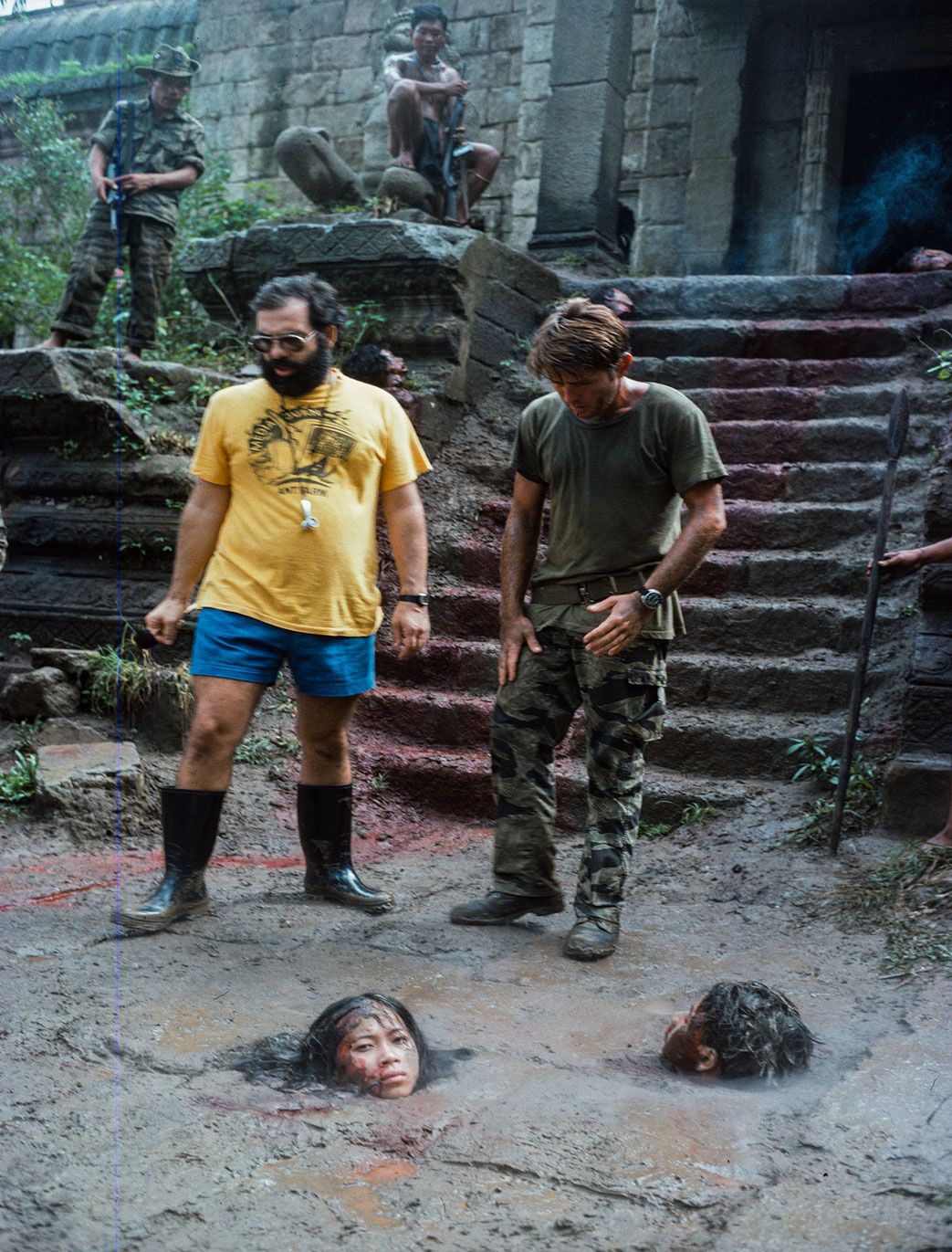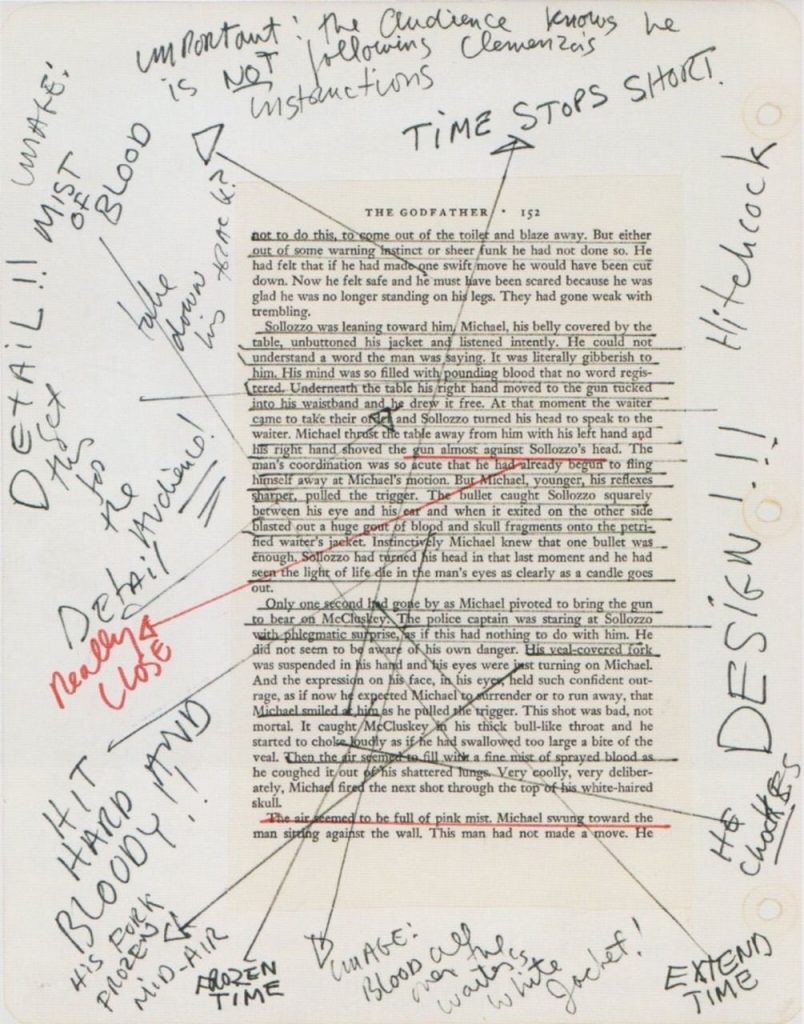By Sven Mikulec
Rarely do we find powerful films whose stories echo the real life events of their makers. Elia Kazan’s On the Waterfront, story of a single man’s fight against corruption and his decision to do what he thought was right even if it meant hurting his friends and family, bears high resemblance to Kazan’s own life back in the fifties. He was heavily criticized and publicly ostracized for his decision to testify in front of the House Committee on Un-American Activities, when he agreed to name eight colleagues of his who’d shown sympathy for the Communist cause. The filmmaker acknowledged where the inspiration came from, even calling the film his direct response to his critics. But much more than a political statement and a product of a highly personal agenda, On the Waterfont is an amazing piece of filmmaking. Inspired by a series of articles published in The New York Sun by Malcolm Johnson, as well as his own experience in investigating the case of the real life whistle-blowing longshoreman Anthony DiVincenzo, Budd Schulberg wrote the screenplay after he replaced famous playwright Arthur Miller, who penned the original version.
Even though Frank Sinatra was Kazan’s first choice, the main role was finally given to Marlon Brando, whose beautifully delivered lines are still quoted, whose refreshingly quirky style of acting was once again demonstrated in all its power, whose scenes with Rod Steiger and Eva Marie Saint are still played over and over. Cinematographer Boris Kaufman’s camera work and the great Leonard Bernstein’s score do their part in helping Kazan create on the most memorable American films to date. On the Waterfront stylishly asks the right questions, it charms with its unforgettable dialogue, completely absorbs with its acting. It is a perfect take on the heavily divided and corrupted America of the yesteryear and deserves every bit of our attention.
A monumentally important screenplay. Screenwriter must-read: Budd Schulberg’s screenplay for On the Waterfront [PDF]. (NOTE: For educational and research purposes only). The DVD/Blu-ray of the film is available from the Criterion Collection. Absolutely our highest recommendation.
 Loading...
Loading...
Sixty years after its original release, Talking Pictures examines On the Waterfront, one of the greatest films in US cinema history. Archive interviews with the director, writer and cast members, including Marlon Brando, reveal how behind its success lies a story of betrayal and resentment, born from America’s anti-communist fervour of the 1950s.
Rod Steiger talks about Marlon Brando and the taxi-scene of On the Waterfront.
In this clip from a new interview on Criterion’s release of On the Waterfront, the Oscar-winning filmmaker Martin Scorsese talks to critic and programmer Kent Jones about how much Elia Kazan’s masterpiece meant to him as a young moviegoer.
An excerpt from Elia Kazan: A Director’s Journey (1995). This documentary is a must for any lover of film history and technique.
Interviews with Kazan are rare. This one is from 1962.
A fascinating (and hard to come by) 2003 PBS documentary look at the relationship between playwright Arthur Miller and director Elia Kazan, the House UnAmerican Activities Committee and its Red Baiting—and the defiant art the period inspired. Written, produced and directed by Michael Epstein.
Here are several photos taken behind-the-scenes during production of Elia Kazan’s On the Waterfront © Columbia Pictures Corporation, Horizon Pictures. Intended for editorial use only. All material for educational and noncommercial purposes only.
We’re running out of money and patience with being underfunded. If you find Cinephilia & Beyond useful and inspiring, please consider making a small donation. Your generosity preserves film knowledge for future generations. To donate, please visit our donation page, or click on the icon below:
Get Cinephilia & Beyond in your inbox by signing in
[newsletter]
